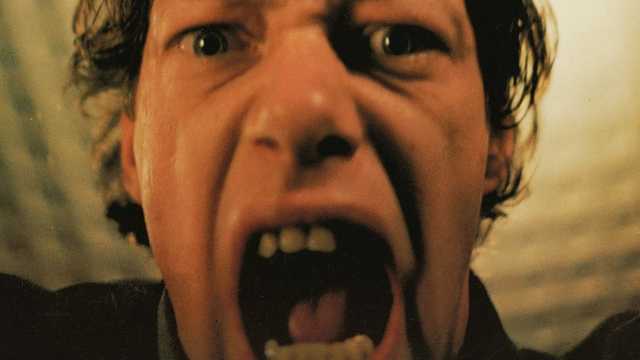
Usually we get to hear about directors who made one great film in their entire career. Then there are directors who made just one film and directed nothing else. Some are films where you think maybe it’s best for them to pursue a career in a different field, but then there are some really amazing films that you keep wondering where the directors went. Here are the 10 great films directed by one-time directors. We’d certainly like to see what else they could offer.
10. L’appartement (1996) – Gilles Mimouni
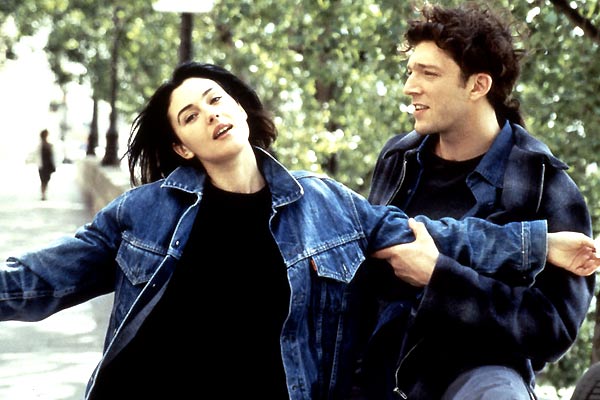
Here we have a seductive movie. The BAFTA winner for Best Foreign Language Film and loosely based on Shakespeare’s “A Midsummer Night’s Dream,” the 1996 French romantic thriller “L’appartement” is the only film directed by Gilles Mimouni, who has worked on TV since then but never directed another movie intended for a theatrical release. His film got popular over the time and even turned into an American remake called “Wicker Park” in 2004.
This visually astonishing and narratively impressive work is about successful executive Max Mayer, who returns to Paris after working in New York. Suddenly he glances at a woman whom he believes to be his greatest love who has disappeared years ago: Lisa.
The film is about obsession and serendipities. Its atmosphere and nonlinear script keep you engaged to the film. The performances are all great and the actors make their characters very convincing. Recommended to those who especially love their films with twists and turns and just want to get confused by their films. The music choices are also wonderful and the story is told in a tense, fast-paced way.
9. Honeymoon Killers (1970) – Leonard Kastle
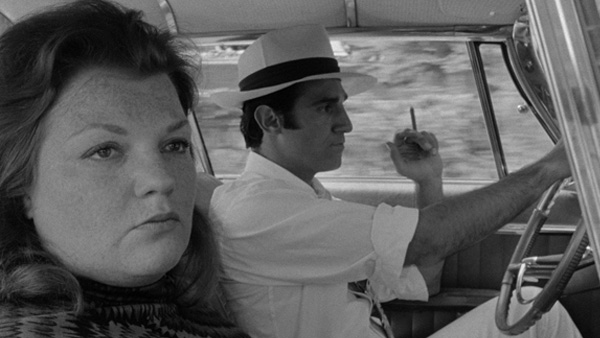
According to an article in The New York Times from 1992, director Francois Truffaut once called this movie his “favorite American film.” Leonard Kastle was an opera composer, but he’s best known for the film he directed in 1970 called “Honeymoon Killers,” for which he did all his own research.
The movie is inspired by the true story of Raymond Fernandez and Martha Beck. Fernandez and Beck are believed to have killed as many as 20 women during their murderous spree between 1947 and 1949. After their arrest and trial for serial murder in 1949, they became known as the “Lonely Hearts Killers” for meeting their unsuspecting victims through lonely hearts ads.
Nowadays, “Honeymoon Killers” is a cult film. The black-and-white cinematography is a great choice for the material and the acting is strong as well, aside from some campy moments. A remarkably well-made, gritty film that deserved and still deserves more attention.
The “Lonely Hearts Killers” theme came back in the 2006 crime film “Lonely Hearts” with John Travolta, James Gandolfini, Salma Hayek and Jared Leto. Not necessarily a great film, but still a fine watch that would be an interesting companion to this one.
8. Wanda (1970) – Barbara Loden
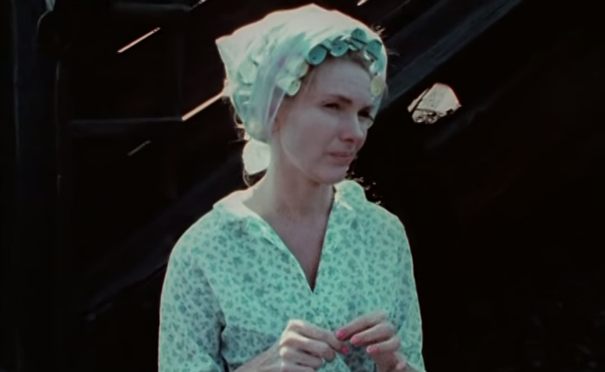
The dark, sad, heartbreaking, and at the same time groundbreaking indie classic is finally on Criterion, which is great for so many reasons. It means it is having some of revival. “Wanda” is a pivotal independent film that deserves to be celebrated more and seen by more.
We have a film here that is written and directed by a woman (Barbara Loden, who was once called the “female counterpart to John Cassavetes”) about a woman going through an existential crisis, who has no education, and is divorced and estranged from her children in the early 1970s. It’s a crushing and brutal portrayal of everyday life.
When you consider it how it was made with such a low budget and skeleton crew, Loden’s achievement looks even more impressive. That documentary-like style makes the film even more unique. Events being told by the female perspective still feel refreshing.
It’s a pity that Loden hasn’t directed anything else since then, but “Wanda” remains as some kind of a meditative experience that features no uninteresting shots and is engaging all the way. A borderline revolutionary work and one of the most noteworthy examples of minimalistic cinema.
7. Rosencrantz & Guildenstern Are Dead (1990) – Tom Stoppard
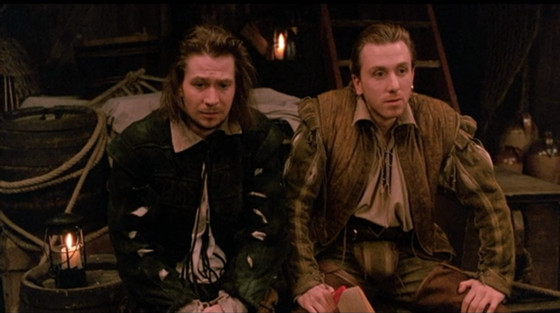
Kind of a unique film. Something that may be appreciated by theatre lovers as well. We got “Hamlet” adaptations all the time, but this film gives us the story from its most silly characters. Prolific writer for TV, radio and stage Sir Tom Stoppard has never directed anything else since “Rosencrantz & Guildenstern Are Dead,” a film based on his own absurdist, existential tragicomedy, first staged in 1966.
The play and the film expand upon the exploits of two minor characters from William Shakespeare’s “Hamlet.” The critical reception was so-so, as many of them found the material more suitable to the stage rather than the film, but the film got itself a lot of fans and it also won the Golden Lion at the Venice Film Festival.
It’s also a joy to watch Tim Roth and Gary Oldman working together. They’re hysterical and brilliant together. It’s easy to get the point of critics when they say the material is not cinematic enough. Some scenes particularly feel strange to watch.
Obviously it won’t give you the same pleasure of watching it as a professional live stage production, but still Stoppard did a good job with his material. It may be bit challenging to follow the whole thing, but if you get into it, you’ll get a terrifically acted, funny story.
6. The War Zone (1999) – Tim Roth
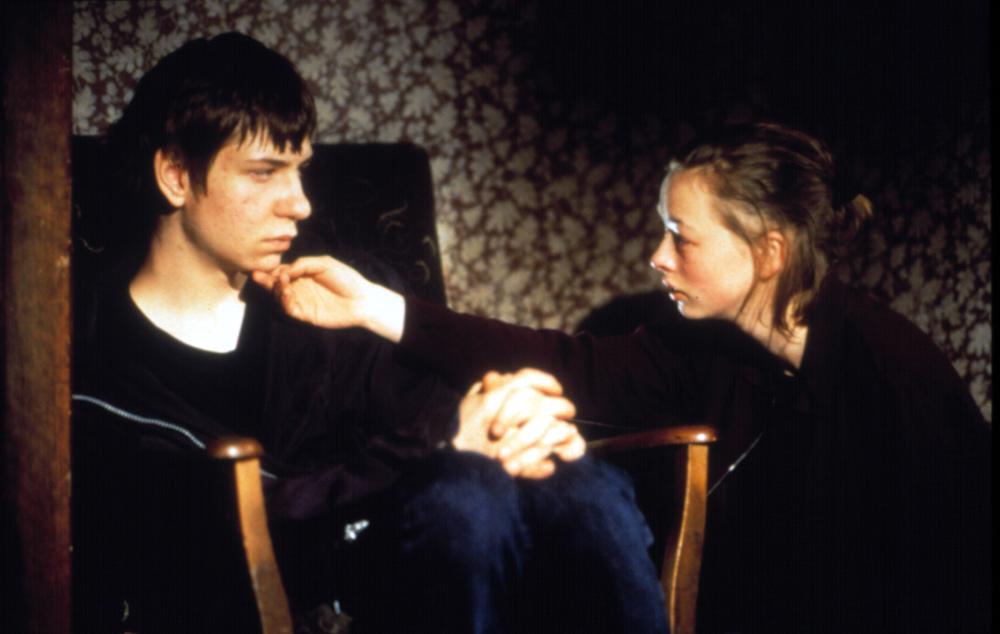
Speaking of Tim Roth, he has been one of the most versatile actors of cinema for the last few decades with an impressive auteur resume. The often reliable British actor has directed only one film in his career, and we keep wondering if he will ever go behind the camera again. In 2016, Roth admitted that he and his father were abused by his grandfather.
Roth admitted that his grandfather was a “rapist” and said that then “nobody had the language. Nobody knew what to do. That’s why I made ‘The War Zone.’” Knowing this fact makes the whole experience of watching the film even more painful. But it’s still an important film to check. It’s a tough story but a very interesting and spellbinding watch. It’s a carefully, sensitively made film about incestuous parental abuse.
Every character feels very real, as are their reactions to the events. Roth gets every detail right and his film is bleak and dark, but at the same time involving, haunting, and disturbing. The setting also adds a lot to it. The performances are top-notch, Ray Winstone in particular, and of course that finale, which has the inevitability of a Greek tragedy. A true cinematic gem. Roth is still proud of the film, so chances are maybe he’ll make another film, who knows?